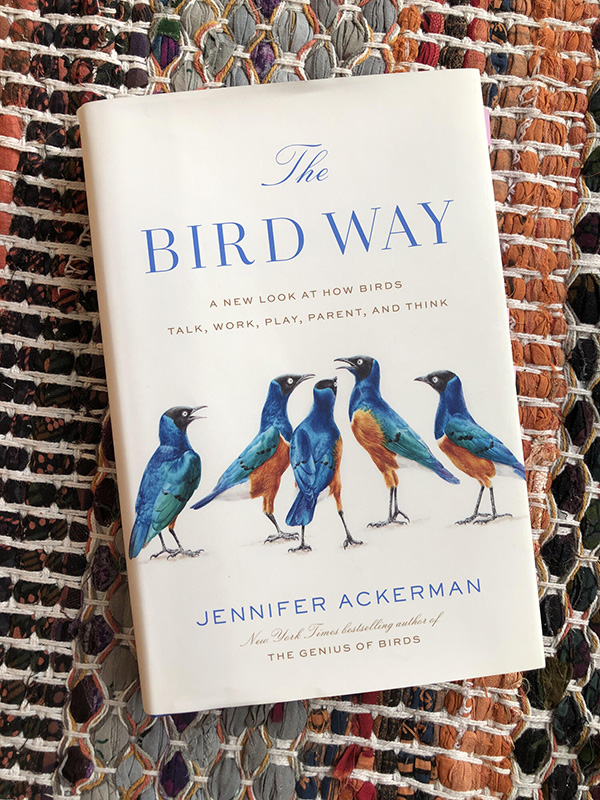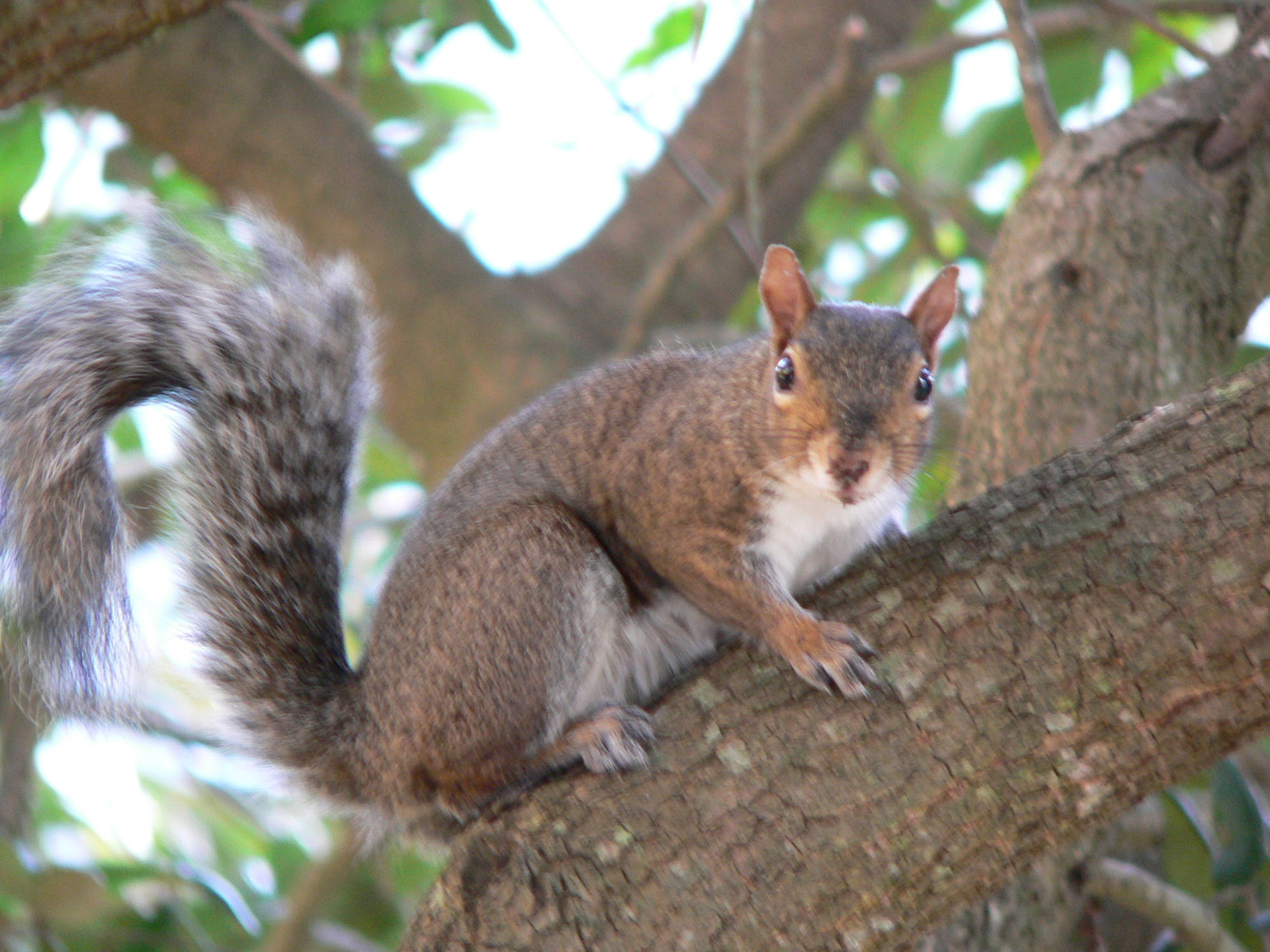
By Mary Reid Barrow
It’s below freezing as I write this and we are all waiting for snow. But weather won’t be a worry next Friday when Jennifer Ackerman, best-selling science and nature author, speaks about her new book, “The Bird Way: A New Look at How Birds Talk, Work, Play, Parent, and Think.”
Ackerman, who is the keynote speaker for the City’s Winter Wildlife Festival this year, will speak via Zoom at 7 p.m. Friday. That’s January 28. You can curl up, warm and comfy , on the sofa to hear and see her program which also includes great photos and graphics
I have not read “The Bird Way”, but I have read another of her books, “The Genius of Birds.” She is an interesting, insightful writer and should be a super speaker.
To find out more about the Winter Wildlife Festival ,and to register for Ackerman’s virtual program, visit https://www.vbgov.com/government/departments/parks-recreation/special-events/Pages/winter-wildlife-festival.aspx
When these cold winter blasts started this month, I was so glad to see birds finally taking notice again of my safflower and suet feeders.
Birds often slow down or stop eating altogether from feeders in the fall when wild seeds are plentiful, but this year, I felt like they took a long time returning. That wasn’t my imagination, said Angie Henry, manager of the Hilltop Wild Birds Unlimited store. Feeders were shunned more than ever this fall, she said.
That’s because we did not have any hurricanes this year, Henry added. That meant that many seeds were not blown hither and yon, but stayed put on the plants and trees for a longer time. That made it even easier for the birds find natural food for a longer time.
I guess you could say the birds are our foul weather friends!
Nancy Lowe, a LRNow volunteer, said she saw bluebirds in her yard this week for the first time. Bluebirds spend the winter in Virginia Beach, often in little flocks, zooming around looking for food, though they are not nearly so frenzied as their robin relatives this time of year.
Bluebirds are searching for berries, their main food in winter. They are insect eaters the rest of the year, so they may also search for grubs and insects that might still be hiding out somewhere in the cold.
If you would like to attract bluebirds in winter (or anytime), put out meal worms for them. You can purchase freeze dried mealworms, which is a little more palatable than live ones.
Blue birds don’t usually hang out in areas where there are lots of trees because their natural habitat is open spaces edged by trees. These are the kinds of places where they can nest in tree holes and also swoop out from a perch to capture insects on the ground
In cold weather I can’t help but stop and think about those hardy animals, likes eagles and squirrels, that nest in the middle of winter. It’s hard to imagine their sheltering tiny babes in weather like this with nothing but the warmth of their bodies and a good nest. But they are.
Today is January 21, National Squirrel Appreciation Day. But today in Virginia Beach, there are some cold mama squirrels huddled in their nests and squirrel boxes keeping their little ones warm, hardly thinking about their holiday.
Squirrels nest in both January and August here. And I can hear you groan that you really do NOT appreciate so many squirrels around today or any day. But, at least, you have to appreciate their persistent determination.

Do you have a favorite tree or plant with a story to tell? What relationships have you observed between plants and critters? Who eats whom? Who has babies where? Send an email to maryreid@lrnow.org